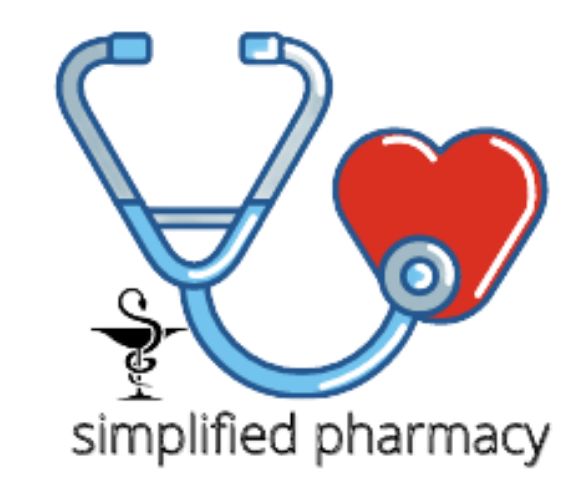
Monitoring blood pressure is essential for maintaining heart health and preventing cardiovascular issues.
Maintaining Heart Health through Blood Pressure Control
Heart health is of utmost importance, and one crucial aspect is the maintenance of normal blood pressure levels. High blood pressure can increase the risk of heart disease or stroke, making it essential to keep it under control. Regular monitoring of blood pressure is a vital step in understanding its impact on our overall health. In this article, we explore the significance of knowing our blood pressure numbers and how they can help us make informed decisions for our well-being.
Decoding Blood Pressure Readings
Understanding Systolic and Diastolic Pressure
Blood pressure readings consist of two numbers: systolic pressure and diastolic pressure. The systolic pressure indicates the pressure in our blood vessels when the heart pumps blood, while the diastolic pressure represents the pressure in the arteries during the resting phase between heartbeats.
Determining Normal and Hypertensive Blood Pressure
Categorizing Blood Pressure Levels
Blood pressure can be classified into different categories, helping us understand where our numbers fall and what they signify for our health.
- Normal Blood Pressure: Readings not exceeding 120/80 mm Hg are considered within the normal range.
- Elevated Blood Pressure: Indexes ranging from 120 to 129 mm Hg in systole and less than 80 mm Hg in diastole may indicate elevated blood pressure.
- First Stage of Hypertension: Numbers between 130-139/80-89 mm Hg signal the first stage of hypertension.
- Second Stage of Hypertension: Blood pressure readings reaching 140/90 mm Hg or higher suggest the second stage of hypertension.
- Hypertensive Crisis: Readings above 180/120 mm Hg indicate a hypertensive crisis that requires immediate medical attention.
Factors Contributing to Hypertension
Identifying Lifestyle and Health Factors
Hypertension may result from various lifestyle choices and underlying health conditions. Some factors that contribute to high blood pressure include:
- Weight: Excessive body mass can impact the condition of our blood vessels and heart.
- Age: Hypertension is more common in individuals over 60, but its prevalence is also rising in younger age groups.
- Alcohol and Smoking: Excessive alcohol consumption and smoking can raise blood pressure levels.
- Underlying Health Conditions: Conditions like heart disease, atherosclerosis, and kidney issues can also play a role in hypertension.
Managing Blood Pressure Naturally
Lifestyle Changes for Heart Health
While regular exercise, a balanced diet, and stress management are essential for everyone’s health, they play a crucial role in managing blood pressure. Some lifestyle changes that can help maintain healthy blood pressure levels include:
Quitting Smoking: A Vital Step for Cardiovascular Well-being
Embracing Physical Activity: 30 Minutes a Day for a Healthier Heart
Nourishing Your Heart: A Heart-Healthy Diet to Lower Blood Pressure
Stress Management: Keeping Stress at Bay for Optimal Heart Health
Limiting Caffeine Intake: A Simple Step Towards Better Blood Pressure
Medical Therapy for Hypertension
When Lifestyle Changes Aren’t Enough
While lifestyle changes can be effective in managing elevated blood pressure, medical intervention may be necessary for severe cases. In such situations, healthcare providers may recommend medication to control blood pressure and reduce the risk of complications.
Conclusion
Empowering Yourself on the Journey to Heart Health
Regular monitoring of blood pressure is a simple yet vital practice in maintaining heart health. By understanding our blood pressure numbers, we gain valuable insights into our cardiovascular well-being. Armed with this knowledge, we can make informed decisions, adopt healthy lifestyle habits, and work towards a healthier heart and a better quality of life. Remember, a proactive approach to blood pressure management can go a long way in safeguarding our most important organ – the heart.
DISCLAIMER
All content and information on this website are for informational and educational purposes only.
It does not constitute medical, psychological, or health advice of any kind and we do not warrant that the information presented herein is free of any errors or omissions.
We are not providing medical, health care, nutrition therapy, or coaching services to diagnose, treat, prevent or cure any kind of physical ailment, or mental or medical condition.
Although we strive to provide accurate general information, the information presented here is not a substitute for any kind of professional advice, and you should not rely solely on this information.
Always consult a professional in the medical and health area for your particular needs and circumstances before making any medical or health-related decisions.
What to read next?
https://simplifiedpharmacy.com/blog/
